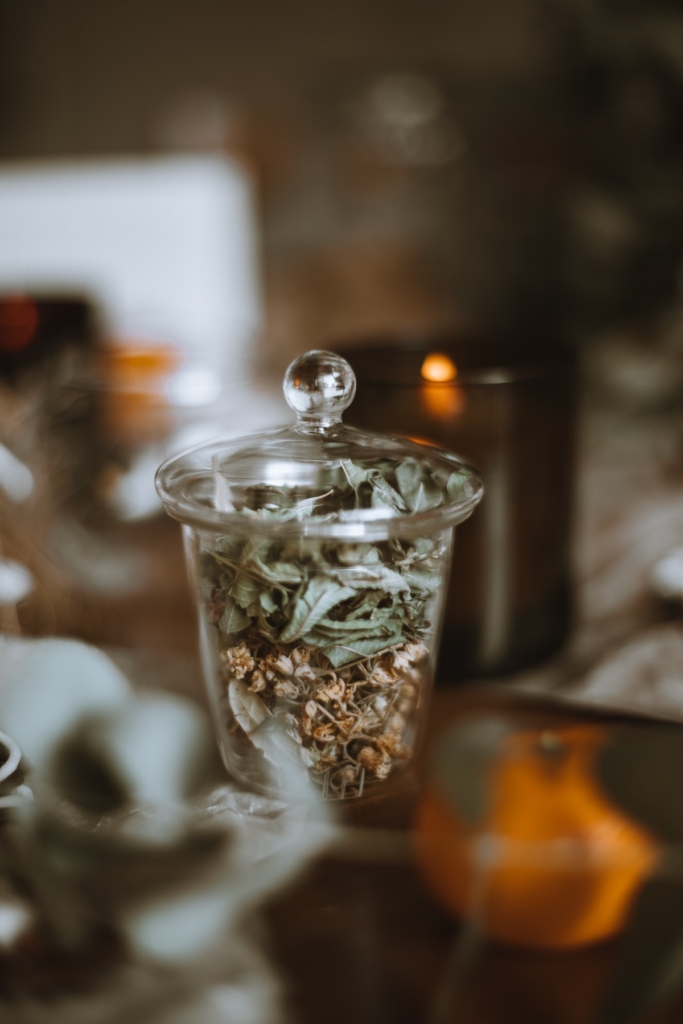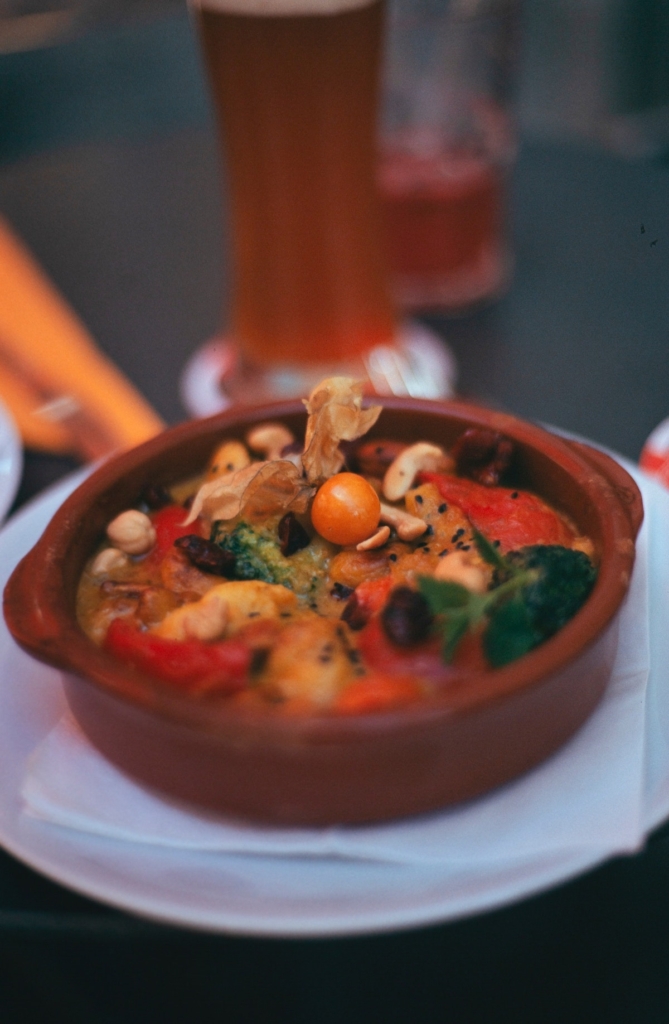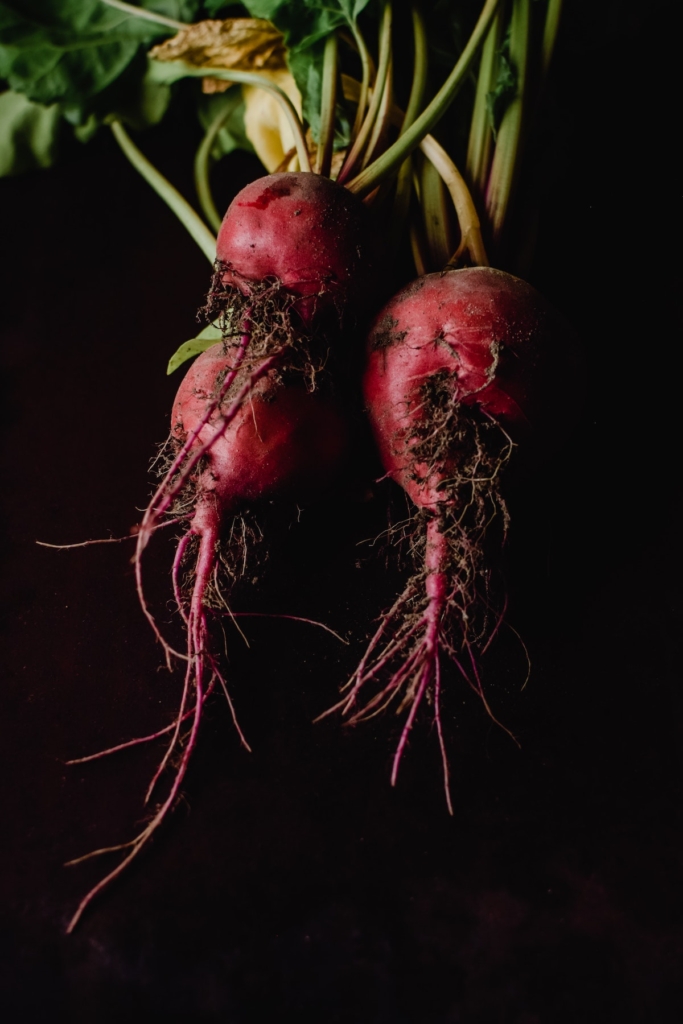MUST-EAT WINTER FOODS
To Keep Your Body In Tip Top Shape

The days are shorter, and the cold is closing in. TCM winter foods are exactly what you should be eating for an energizing diet this time of year. They keep your skin looking fresh by adding hydration-packed nourishment, and they infuse your organs with magic. Well, not really magic, but the perfect combination of ingredients to keep you healthy during the cold.
Let’s talk about what Eastern medicine thinks about eating with the seasons and managing your diet in the winter.
The Importance of Diet in the Winter
What we eat impacts both how we feel and look. Winter is arguably the most important time to watch what you eat. Why? The cold is strenuous on the body, sucking out moisture and energy with one go.
 Chilly air and darker days affect not only our internal balance but our external appearance as well. It can cause seasonal depression on a mental level and dehydrated skin on a physical level. But, we can mitigate this by what we eat and in turn, we’ll adapt to the changing of the seasons more easily. This philosophy of adapting what we eat to the season is one which Eastern medicine has practiced for thousands of years.
Chilly air and darker days affect not only our internal balance but our external appearance as well. It can cause seasonal depression on a mental level and dehydrated skin on a physical level. But, we can mitigate this by what we eat and in turn, we’ll adapt to the changing of the seasons more easily. This philosophy of adapting what we eat to the season is one which Eastern medicine has practiced for thousands of years.
TCM Winter Foods
Eat these Eastern medicine winter foods to nourish your body’s vital organs and feel good from the inside out. These are “warm” ingredients that you can add to any meal. It’s not a full list, but it is a great place to start. For winter, black-colored foods are believed to have the necessary nutrients to bolster the kidneys.
Fruits
- Sunflower seed
- Blackberries
- Blueberries
- Coconut
- Dates
- Bananas
- Oranges
Nuts
- Pine nuts
- Walnuts
- Chestnuts
- Pecans
- Butternuts
Spices and Herbs
- Nutmeg
- Brown sugar
- Clove
- Ginger
- Coriander
- Black pepper
- Cinnamon
- Cayenne
- Turmeric
- Chili powder
- Caraway
- Garlic
Vegetables
- Black radish
- Black or aduki beans
- Root vegetables
- Green onion
- Red or yellow peppers
- Mustard greens
- Sweet potato
Winter Blues Foods
Being huddled inside for too many days in a row can start to take a toll on you. You might just feel like hibernating until the seasons change again. Enter the winter blues. In Eastern medicine, we’d say it’s due to too much yin energy, while Western medicine would cite a lack a vitamin D and Seasonal Affective Disorder. Follow the guidelines above for boosting your yang and consider adding in the below if you find yourself a little bummed lately.
- Saffron – This has been extensively studied for usage as a natural antidepressant as it contains Crocin, a constituent that has been shown to be neuroprotective and neuroenhancing even in the presence of stress. Studies have shown Saffron to be as effective as the common prescriptive medications like fluoxetine and imipramine.
- Curcumin – Curcumin is one of the major active constituents of Turmeric. Studies have demonstrated that Curcumin supplementation influences several biomarkers that may be associated with antidepressant mechanisms, and a combo of both Saffron and Curcumin showed significantly greater improvements in depressive symptoms.
- Ginseng – when you’re having trouble getting off the couch, try this. It has been shown to have anti-fatigue properties, improving physical performance in both sedentary and active people.
Raw Foods and Cold Energy
Although munching on raw vegetables is healthy, it’s not the best winter food in TCM philosophy. Raw foods possess “cold” energy that can trigger an imbalance if overeaten. Different types of food contain different energies (warm, cold, neutral), which is why watching what you consume in winter is so important.
In Traditional Chinese Medicine, overconsuming raw foods can lead to chills, mucus, fatigue, energy depletion, abdominal pain, congestion, skin puffiness, and a case of the winter blues. However, simply changing up your diet can make a world of difference. A warm, nourishing diet can help your body fight off the damp, cold energy. After all, warmth and wintertime go hand in hand.
Warming Your Diet with TCM
 What a “warm diet” looks like is individual for everyone. Everyone’s body operates differently, so you may find that eating raw foods doesn’t really affect you, especially if you live in a warm climate. However, it never hurts to include warm ingredients in your meals for a balanced diet.
What a “warm diet” looks like is individual for everyone. Everyone’s body operates differently, so you may find that eating raw foods doesn’t really affect you, especially if you live in a warm climate. However, it never hurts to include warm ingredients in your meals for a balanced diet.
Your diet in winter should consist of protein (either animal or vegan protein) and a higher ratio of cooked to raw foods. So, cook your vegetables in the winter so they can absorb heat. Try steaming, stewing, frying, or baking your favorite earthy goodies. It’ll warm up your organs and initiate bodily processes.
Aside from food, you can also warm your diet by drinking room-temp or heated drinks. Swap your iced latte for the hot version, and try to drink more hot tea, non-refrigerated water, or other warm beverages.
Don’t Forget About Nourishing the Skin Too
Traditional Chinese medicine techniques are all about balancing energy, but you can use TCM to nourish the skin too. After all, winter + skin is a notorious combination for disaster. I mean, we’re talking about cracking skin, flaky facial skin, and dryness galore. So, don’t skin the skin in your TCM winter routine. Try a nutbutter masque or one of mashed yam with added cinnamon for vitality.
Warm, soaked tea bags (squeezed free from water) are amazing to toss in your bath or place on the face as well.
The point of eating nourishing foods and adding external nourishment is to really take care of the skin so that you look fresh even in those drab winter months.
Keeping up with a Winter Energy Diet
Harmony between the foods we eat and what’s going on in the elements is critical in TCM. Every season has its corresponding diet and recommended activities. Eat TCM winter foods that are best for your diet.
Do what you can to boost your energy levels when the nights seem cold and drab too. Yin activities that nourish the soul (like meditating or relaxing) are excellent for the winter. So, grab some squash soup and kick back. Chinese medicine says so.
Comments (0)
Leave a reply
You must be logged in to post a comment.





